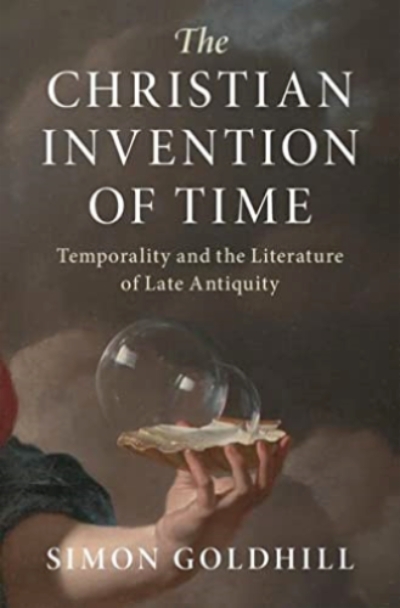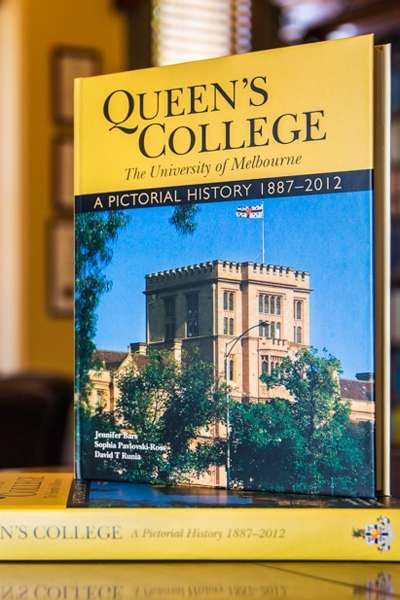David T Runia
There was a time not so long ago when research on ancient philosophy was confined largely to the study of the great philosophers Plato and Aristotle, and their antecedents. To take one example, in A History of Ancient Western Philosophy, published in 1959 by the respected scholar Joseph Owens, only fifty-one of 419 pages were devoted to post-Aristotelian philosophy, and only two pages to philosophy after the third century of our era. All of this has radically changed. For some time there has been a flourishing industry engaged in research on Hellenistic and early Imperial philosophy. Now the last frontier, the philosophy of late antiquity, is also yielding its secrets.
... (read more)The Christian Invention of Time: Temporality and the literature of late antiquity by Simon Goldhill
by David T. Runia •
Queen's College the University of Melbourne: A pictorial history 1887–2012 edited by Jennifer Bars, Sophia T. Pavlovski-Ross, and David T. Runia
by Wilfrid Prest •


